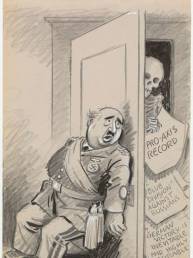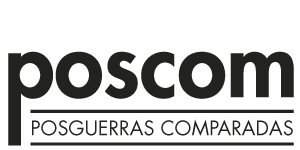
Formed by two research subgroups with extensive historiographical experience in the field of political and cultural history. The POSCOM project was born out of a desire to join forces, to break out of the historical compartments in which historians sometimes confine themselves and to study the phenomenon of democracy throughout the 20th century from a global perspective.
Object of studyA comparative and transnational study of democracy building throughout the 20th century. Two different contexts:- The inter-war period, which saw the erosion and delegitimisation of democracy.- Between 1945 and 1968, a period in which, based on the Anglo-Saxon model and the precedents of liberalism, a new and successful model of liberal democracy was constructed.
poscom
"Franco's Spain, the legacy of fascism and the debate on the content of democracy in Italy, Belgium and France (1945-1968)".
We seek to confront the triumph of democracy with the legacies of European fascism by studying Franco's Spain and its relationship with other European democratic regimes.
"Democracy and its enemies (1918-1931): Spain, the first post-war period, the dictatorship of Primo de Rivera and its links with Italy, Portugal and Argentina".
We are interested in the study of the conceptions of democracy and the debates surrounding it that took place in Spain between the end of the First World War and the beginning of the Second Republic.
Us
The aim of our research is to analyse the political and intellectual developments that took place between Spain and its neighbouring countries and to investigate the transnational spaces that were articulated in political, institutional and ideological terms.
The study will focus on the case of Spain, a country that repeatedly suffered throughout the century both the initial siege of democracy and its subsequent triumph. In this sense, the analysis of the conceptions of democracy and the debates surrounding it will always be carried out in dialogue with the closest countries on the European continent and with others, no less close, on the American continent.
TWO MAIN ISSUES
A comparative and transnational study of the conceptions of democracy and the debates surrounding it that took place in Spain, Italy, Portugal and Argentina during the period between the end of the First World War and the 1930s.
Historical analysis of the legacies of fascism in post-war Europe, based on the study of Franco’s Spain and its relationship with other European countries, democratic regimes with a fascist past.
Research group
Items and objectives
2
Lines of research
19
Researchers
8
Congresses
40

